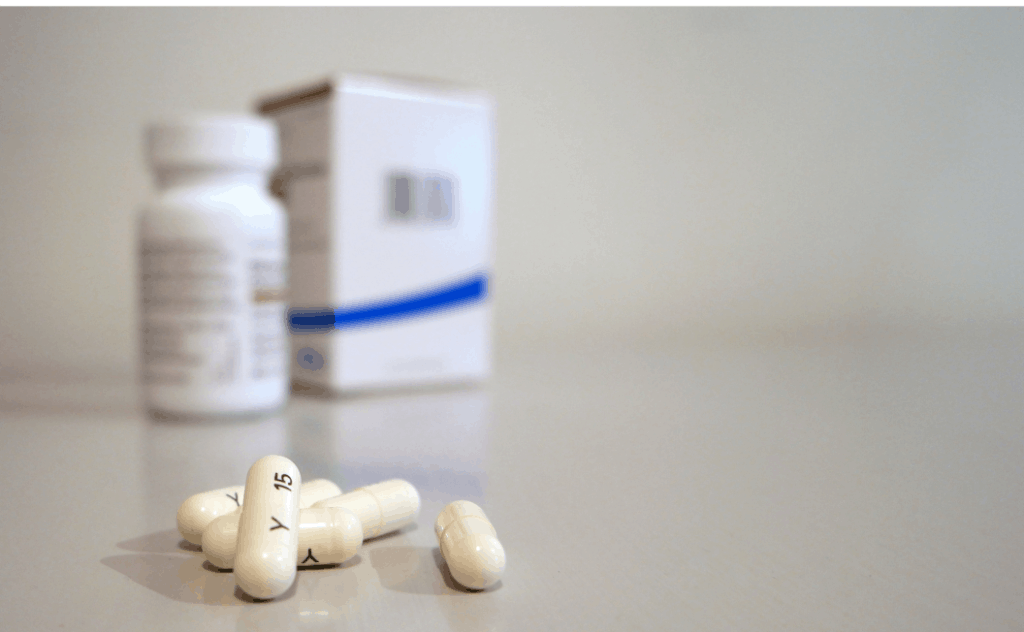An addiction of any kind, especially a Percocet addiction, can be difficult to recover from. Addictions not only change one’s mind but also their body and sometimes even their social life. A commitment to recovery and sobriety is the only option to heal one’s mind, body, and relationships. While this process is not easy, it can be made easier with the help of a partial hospitalization program.
Percocet Explained
Percocet is a medication often prescribed to people to aid in moderate to severe pain relief. This relief is achieved by the unique combination that Percocet offers a user. Percocet is a combination of oxycodone, a pain-relieving opioid, and acetaminophen, a non-opioid pain reliever. On its own, acetaminophen is not very effective. However, when combined with oxycodone, it works to increase Percocet’s overall pain relief potential.
How Does Percocet Affect the Human Body?
The intended effect of using Percocet is pain relief. However, in providing significant pain relief, users of Percocet often experience feelings of euphoria. Sadly, these feelings contribute to the addictive potential of Percocet. Whether used once or regularly, Percocet users may experience any number of the following side effects:
- Dry mouth
- Dizziness
- Drowsiness
- Headaches
- Blurred vision
- Itching
- Constipation
- Nausea
Although similar side effects can be common with prescription drug use, they still present a potential danger to anyone using them. However, no danger is as significant as the effects Percocet can have on the brain. When used regularly, Percocet can cause users to not only create a tolerance but a dependence on the drug. Over time, the drug will have less effect on a person, yet the person will feel less functional without it. These effects inevitably lead to an addiction, which can be difficult to overcome without proper support and professional treatment.
Partial Hospitalization Programs
Partial hospitalization programs (PHPs) provide individuals with addictions, including Percocet addictions, intensive daily care, and a stable support system. PHPs serve as a middle ground between outpatient treatment and inpatient treatment. PHPs bridge the gap. They allow a patient to live and sleep in a sober living environment while still offering intensive, daily care.
Benefits of a Partial Hospitalization Program for Percocet Addiction
Because PHPs are a middle ground between inpatient and outpatient programs, they offer several significant benefits for those with a Percocet addiction, including:
1. Intensive, Daily Care
Typically, the more support and treatment an individual receives increase their chances of successful recovery and sustained sobriety. Partial hospitalization programs provide patients with intensive, daily care to ensure they are addressing all aspects of their addiction and staying sober.
2. Greater Contact with Loved Ones
Sadly, many inpatient treatment programs limit the amount of contact an individual can have with the outside world, including their contact with their loved ones. For some, this type of program can be beneficial, but for others, it is not. If a patient needs or wants consistent support from their loved ones, PHPs allow for this support to be possible without compromising on professional treatment and care.
3. Access to More Therapy
Since PHPs require a patient to receive care at a rehabilitation facility daily, these patients have greater access to different types of therapy every single day. While it can be difficult at first, individual and group therapy are both proven methods of addressing and overcoming addictions, including Percocet addiction. With more access to therapy and therapy sessions, successful recovery and sobriety is possible.
Looking for a Drug Rehab in North Carolina?
A Percocet addiction can cause significant damage to the human body. To avoid any negative effects, one must seek and commit to recovery and sobriety. Thankfully, there are a number of effective treatment programs available for Percocet addiction, including partial hospitalization programs. PHPs allow a patient to engage in intensive, daily care, receive uncompromised support from loved ones, and access more opportunities for therapy.
If you or a loved one are looking for treatment options for Percocet addiction in North Carolina, our team of addiction specialists at Asheville Recovery Center can help! Contact us today for more information on our many treatment options and programs, including partial hospitalization programs.









